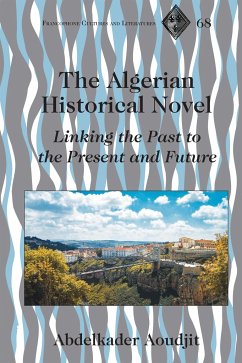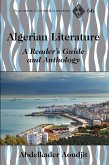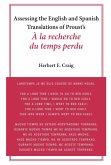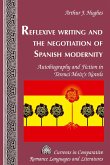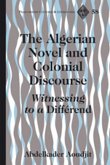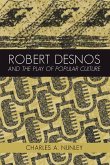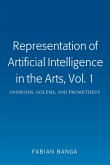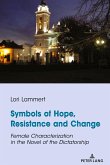During the last thirty years, Algerian novelists have shown and continue to show a marked interest in the history of their country; some of them, however, approach the past in a manner that is significantly different from that of traditional historical novelists. The Algerian Historical Novel: Linking the Past to the Present and Future investigates for precisely what purpose, on what philosophical grounds, and using what techniques, novelists Rachid Boudjedra (La Prise de Gibraltar), Tahar Djaout (L'Invention du désert), Assia Djebar (Loin de Médine), Waciny Laredj (La Maison andalouse), Mohamed Sari (Pluies d'or), and Amin Zaoui (Le Dernier juif de Tamentit) engage with the history of Algeria. It also examines what the study of these authors can contribute to the larger debate concerning what this type of historical fiction can do with or reveal about the past that history as a discipline and the traditional historical novel cannot. The author advocates that La Prise de Gibraltar, L'Invention du désert, Loin de Médine, La Maison andalouse, Pluies d'or, and Le Dernier juif de Tamentit are best read as works of historiographic metafiction. He argues that these novels combine poststructuralist ideas and postmodernist narrative techniques to draw attention to previously neglected people and events in history and provide revised perspectives on them and others and, more importantly, to problematize the way Algerian history is thought and is used to address two major social and political concerns confronting Algerians: national identity and religious fundamentalism. The Algerian Historical Novel: Linking the Past to the Present and future is highly recommended to students, scholars, and general readers interested in Algerian literature and in historiographic metafiction.
"Abdelkader Aoudjit's latest work offers the reader a clear, comprehensive introduction to Algerian historiographic metafiction and a detailed analysis of six novels by prominent contemporary authors whose texts yield compelling examples of this engaging literary genre. Well-documented sources, thorough notes, and a careful, systematic presentation of relevant literary theories provide essential contextual background for and thought-provoking critical approaches to the novels for both specialists and non-specialists alike in the field of Algerian literature."-Michelle Beauclair, Seattle Pacific University; Editor of The Francophone World: Cultural Issues and Perspectives; and Author of Albert Camus, Marguerite Duras, and the Legacy of Mourning

